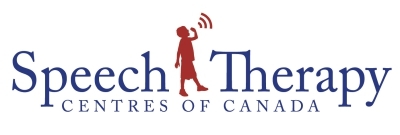
Understanding Motor Speech Disorder
If your child has a motor speech disorder you may notice that he/she can produce specific sounds correctly one time, and differently the next, for example, they can say the word “Mom” easily but if they are asked to say “bye Mom” your child suddenly has difficulty. You may also find that they produce more errors in their speech when the sentence is longer or in conversations with others.
The ability to produce speech requires many parts of the brain to work together, beginning with the intent to communicate, and ending with speech production. In between are a series of complicated steps that are susceptible to problems. These steps are what are called a “motor plan”- starting with a thought and ending with a motor movement (lips closing, tongue moving etc.).
When you see your child trying to produce the sound, moving their mouth as if they are trying to find where to put it, it is because they are trying to coordinate the message from their brain, carry out the sequential movements and hold the correct positions long enough to produce the sound(s). Speech-Language Pathologists work with children to help them build these motor plans by attempting to teach the brain how to sequence the movements the correct way, often practising sounds using “drill-like” activities.
Research has shown that repetition and having a visual model to follow i.e., watching mom’s face or the S-LP’s mouth movements in therapy, is most effective in building these motor plans. In addition, some children need a prompt to trigger their brains to tell their muscles where to move their lips or tongue, which is why you may see the S-LP using specific placements of their fingers to cue your child. This is only one method of treatment; however, there are many ways to help your child with motor speech difficulties.
Work with your S-LP to set goals and create plans together to help make it easier for your child to communicate with others! The brain is a complicated structure – always feel free to ask your S-LP questions and for additional resources.
Written by: Ashleigh Wishen, Speech-Language Pathologist, The Speech Therapy Centres of Canada Ltd.
